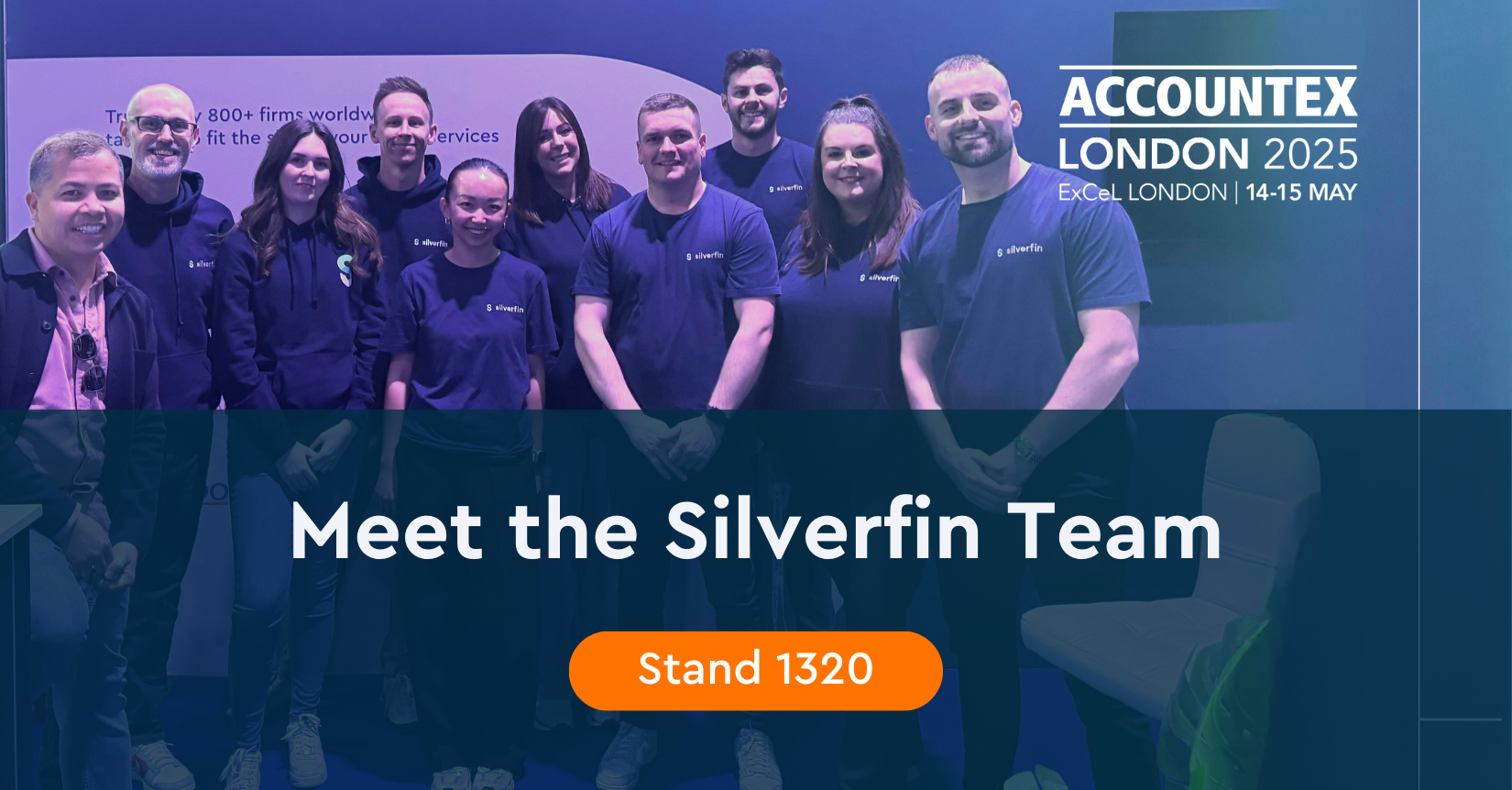Many accounting firms still use Excel as their go-to tool for managing client accounts. It’s easy to see why, given its ease of use, familiarity and flexibility. But a steady relationship with Excel may be holding firms back as competitors start to explore more modern technology solutions.
Using Excel for accounting does not offer firms an easy way to standardise or automate their processes. With Excel, formulas need to be maintained and are vulnerable to human error, resulting in substantial risks and opportunity costs. According to a study by McKinsey, up to 50% of the activities carried out by accountants have the potential to be automated using current technologies. These tasks include data entry, invoice processing, reconciliation, fraud detection, revenue forecasting and analysing unstructured data. Automating this work frees up a significant amount of time for value-adding activities.
While Excel is incredibly versatile, it’s important to remember that it wasn’t designed for specific accounting tasks such as preparing working papers. As businesses grow and clients’ needs become more complex, what once felt like a rewarding spreadsheet relationship may start to feel limiting. Relying too heavily on Excel can prevent efficiency, accuracy and productivity gains. So, it might be time to ask: is my firm too committed to Excel?
Excel for accountants: Challenges firms face
Let’s explore why it might be time to break free from the limitations of Excel and transition to more advanced, future-oriented software. Here are five key issues.
- Lack of standardisation
Even Excel worksheets created in a standardised manner will soon be customised due to varying personal styles or formats. Without standardisation, it becomes more difficult and time-consuming to distribute workloads, pick up a job from a colleague, or train new team members.
“Previously, working papers were done in Excel and every manager and preparer had a different way of doing things. Silverfin, however, is very standardised so getting staff trained and comfortable with it was key but delivered significant consistency benefits.” Mark Thurston, Director, Gascoynes
- Inefficient processes
When using Excel for accounting, the manual process of moving data between spreadsheets or exporting data to separate accounting or tax systems is time-consuming and adds extra strain on resources.
- Risk of errors
Spreadsheets are prone to errors from broken formulas, macros and manual data entry, increasing the risk of compliance issues, financial losses and reputational damage.
Industry studies show that 90% of spreadsheets containing more than 150 rows have at least one major mistake. This is a serious concern for accuracy and efficiency in accounting.
- Less control
Multiple contributors on a spreadsheet in Excel make it challenging to track changes and maintain version control, especially when files are shared back and forth over email. This increases risks and confuses audit trails.
“In Excel, figuring out the status of a set of working papers was nearly impossible – let alone getting straight to the jobs to be done.” Darren Austin, Co-founder and director of Synergee
- Limited scope for automation and AI
Excel’s inability to integrate with other systems and lack of automation hinder the application of AI and modern accounting tools, limiting seamless data synchronisation and advanced data analysis capabilities.
When it’s time to explore other software, we’re here to support you
When your firm is ready to break free from the constraints of Excel, Silverfin’s connected working papers offer an excellent step forward. Designed to streamline the accounts preparation process, minimise manual errors, enhance visibility of client data and optimise workflows.
In brief: bid farewell to cumbersome data and spreadsheet tasks and say hello to intelligent digital templates that facilitate a cohesive process to reduce risk and free up resources while improving accuracy.
Here are some of the benefits of Silverfin as an alternative or complementary solution to Excel for accountants:
- Seamless real-time integration with platforms like Xero or QuickBooks, enhancing efficiency with AI-driven data mapping.
- Streamlined account preparation with a single, consistent method across your firm.
- Time-saving features such as automatic data syncing and roll forward to copy prior-period data quickly, reducing the time spent setting up files and verifying data.
- One-time data entry. For example, preparing the Fixed Assets schedule will update the corresponding Accounts Production and Corporation Tax templates.
- Automatic pre-filling of related tasks like accounts production and corporation tax, as you prepare client accounts.
When you decide to move beyond Excel, the initial steps might seem overwhelming. However, there’s no need to worry. As a solution that is built for accountants by accountants, Silverfin has the tools to help your firm transition smoothly with hands-on training, process mapping and personalised support. In short, you’ll be in good hands from beginning to end.
Why not start your journey by reading our guide to moving Beyond Excel, or request a Silverfin demo today.















